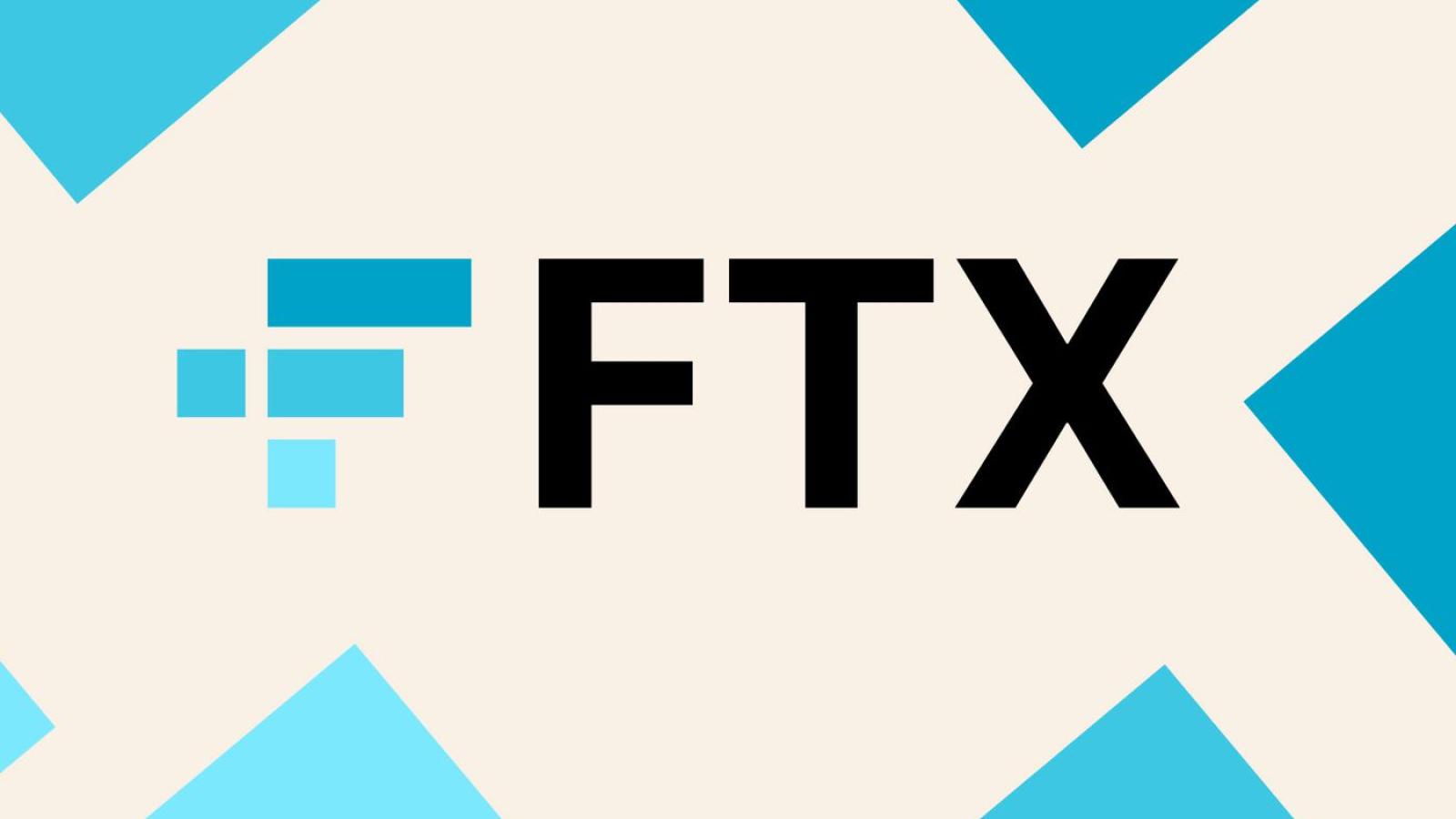
The ECGI blog is kindly supported by

Governance and the Crypto Winter
The Crypto Winter is upon us. The collapse of Sam Bankman-Fried's empire has sent shock waves all over the crypto world. Crypto prices have taken a hit. The real world has taken notice, too. Mr Bankman-Fried (also known as SBF), the billionaire who founded FTX, a major crypto exchange, was widely seen as the acceptable face of crypto. His fall from grace was cheerily celebrated by crypto sceptics, who seized the opportunity to pat themselves on the back and send I-told-you-so notes all around. On the other side, crypto enthusiasts were quick to distance themselves from the whole affair. The official line is that SBF's empire was antithetical to crypto's philosophy. If only we could get more of that utopian "decentralisation" we were once promised, none of this would have happened.
Discussions of governance in this space are a mix of hubris and bad economics.
Both sides might be right. Crypto has a governance problem. This problem is in crypto's DNA and poses an existential threat to the whole project. Unfortunately, blockchain developers and other stakeholders have paid little attention to this issue. Discussions of governance in this space are a mix of hubris and bad economics. According to crypto evangelists, clever computer scientists versed in cryptography can now solve governance problems that have afflicted societies for millennia. It just sounds all a bit too incredible to those versed in corporate and public governance.
The downfall of FTX and its affiliated companies is a classic example of a failure of corporate governance. Unbeknownst to most, FTX shipped their customers' assets to Alameda Research, a trading firm controlled by Mr Bankman-Fried. The corporate governance literature has a name for that trick: tunnelling. How could FTX's controlling parties tunnel investors' funds to other companies? The answer is simple: there were no checks and balances, no transparency and no regulation. FTX customers put their trust in Mr Bankman-Fried, and now most of their money is gone.
This episode is also an example of a failure of blockchain governance. Mr Bankman-Fried's empire comprised a vast number of entities operating in the crypto ecosystem. As a result, many blockchain-based projects were exposed to Mr Bankman-Fried's idiosyncratic decision-making. A case in point is the Solana blockchain, a smart-contract platform once hailed as the "Visa of Crypto." Solana had a torrid 2022, with multiple outages and hacks. At one time, the whole blockchain was switched off and on to fix a malfunctioning node. How can an allegedly decentralised network decide when to reboot?
The answer is simple: Solana, like all blockchains, is not really decentralised. As in all blockchain networks, the real power resides in the hands of a few key players: founder-controlled foundations, core developers, large validators and other major companies in the blockchain ecosystem. Mr Bankman-Fried was one of such players; Solana's native token (SOL) was dubbed a "Sam coin." Not only was Mr Bankman-Fried a vocal backer of Solana, Alameda Research allegedly held about 13% of all SOL by the end of November. FTX was also responsible for the critical infrastructure for Solana DeFi's ("decentralised finance") operations. Moreover, we now know that the Solana Foundation was an investor in FTX. SOL's already depressed price fell by more than 60% in November after the FTX collapse.
As a by-product of conglomeration, a few large firms end up capturing the governance of blockchains.
Although notionally decentralised, Solana's governance was effectively captured by a few key players, including Mr Bankman-Fried. It is not surprising to find a conglomerate (the FTX-Alameda-SBF complex) at the centre of this crisis. In a forthcoming paper, Jin Li from the University of Hong Kong, Radoslawa Nikolowa from Queen Mary University of London, and myself argued that blockchain conglomerates arise naturally due to network externalities, economies of scope, and first-mover advantages. As a by-product of conglomeration, a few large firms end up capturing the governance of blockchains. Such firms care about the private value they can extract from a blockchain project, which might differ from the project's social value.
We illustrate our arguments with the case of Bitcoin, which is arguably the least centralised of all blockchain projects. Bitmain Technologies, a private Chinese company that designs chips for mining bitcoin, has approximately 75% of the global market share. Bitmain is also a prominent player in other segments of the Bitcoin ecosystem, such as mining pools. Mining pools owned by or affiliated with Bitmain have consistently dominated the market, with market shares always above 30% -- and often above 50% -- from October 2016 to early 2021.
Bitmain has been an influential player in the governance of Bitcoin. On August 1, 2017, a few key players, including Bitmain, sponsored the creation of the new chain, Bitcoin Cash, through what is known as a "hard fork." Bitcoin Cash shares the same history as Bitcoin but has a larger block size. On November 15, 2018, Bitcoin Cash split into two competing blockchains. Bitmain rallied behind Bitcoin Cash ABC against Bitcoin Cash SV in what became known as the "hash wars." The prices of both coins fell steeply after the split, as did the prices of Bitcoin and other cryptocurrencies.
While Bitmain's impact on Bitcoin has been much less damaging than FTX's impact on Solana, both cases share the same root problem: The emergence of a conglomerate that captures the governance of the blockchain. In such cases, blockchain stakeholders have to trust one company to look after their interests. So how exactly does a "decentralised" blockchain differ from a traditional financial intermediary as a provider of trust? This is the question that crypto enthusiasts still need to answer.
------------------------------------------
By Daniel Ferreira, Head of Department and Professor of Finance at the London School of Economics.
Read Prof. Ferreira's previous blog article on Blockchain governance: 'Blockchain: A new frontier for governance scholars'
The ECGI does not, consistent with its constitutional purpose, have a view or opinion. If you wish to respond to this article, you can submit a blog article or 'letter to the editor' by clicking here.
Reference:
Daniel Ferreira, Jin Li, and Radoslawa Nikolowa, "Corporate Capture of Blockchain Governance," in the Review of Financial Studies, available at https://doi.org/10.1093/rfs/hhac051.






